Interview: Carolyn Ratteray Honors the Women in Her History with BOTH AND
Black queer playwright/actress Carolyn Ratteray’s one-woman show Both And (a play about laughing while black) returns to Los Angeles opening at The Wallis January 17th
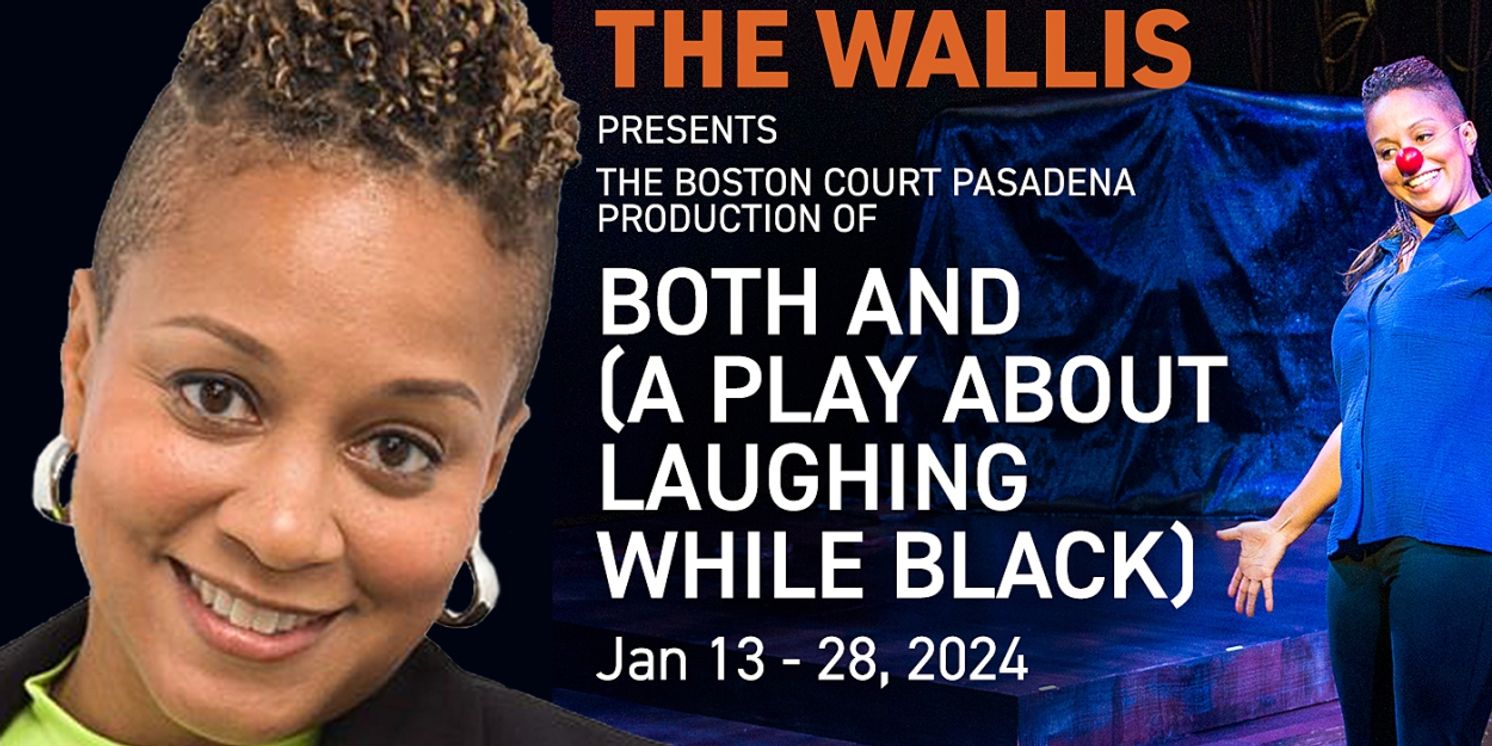
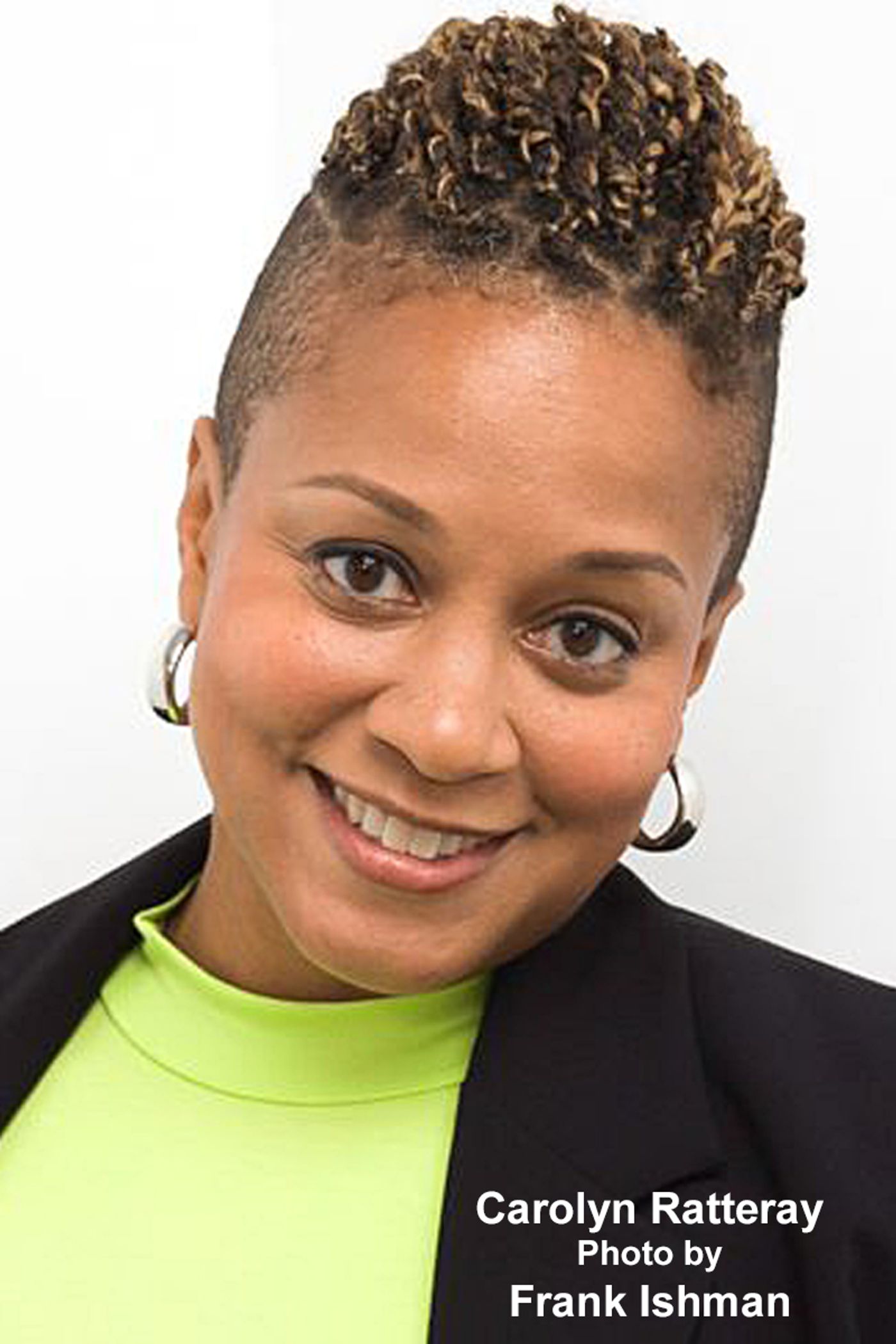
Black queer playwright/actress Carolyn Ratteray’s one-woman show Both And (a play about laughing while black) returns to Los Angeles opening at The Wallis January 17, 2024 (with previews starting January 13th). Before the holiday rush, Carolyn found some time to answer a few of my queries.
Thank you for taking the time for this interview, Carolyn!
You developed Both And (a play about laughing while black) with Boston Court and premiered there April 7, 2022. Has your script changed any for this Wallis production?
Yes, I’ve been working with the original dramaturg, Emilie Pascale Beck, to tweak some areas of the script for the Wallis run. New plays often need several productions to settle into their “forever body,” and I’m thrilled that we get the chance for a remount. The story arc has tightened, and I’m really excited to share that with an audience for the second time around.
What is your three-line pitch for Both And?
Both And (a play about laughing while black) is a fable about a young black queer woman on the eve of her mother’s death who finds herself caught in the netherworld. She encounters a delightful entity, the God of Laughter, who teaches the young woman about the art of letting go. It is a funny yet deeply poignant tale about being joyful amidst the conundrum of being human.
You play three different women in Both And. Would you describe the similarities and differences between them?
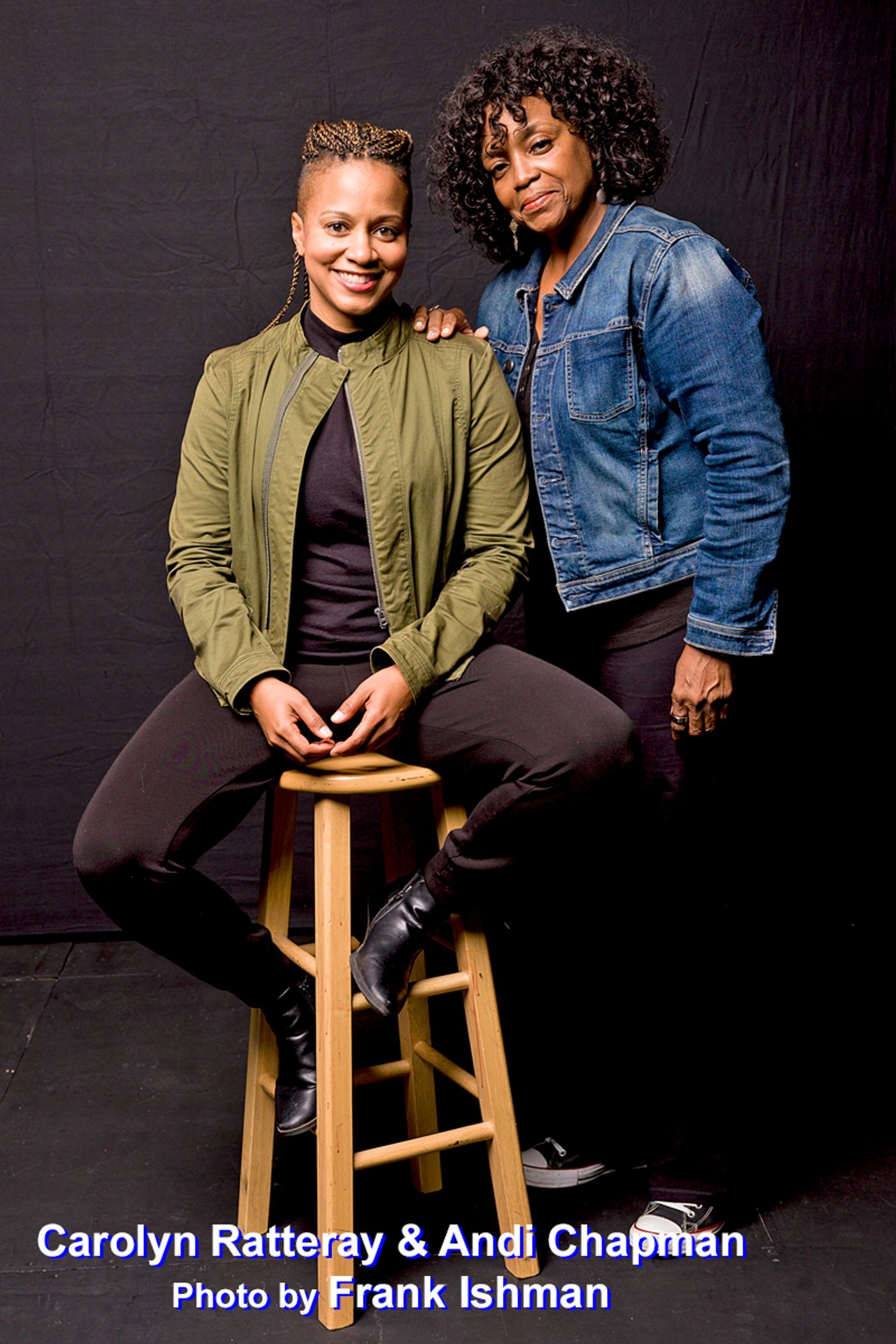 In this version, I play Teayanna and her mother. The Grandmother’s voice will now be a voiceover. At the center of this play is an exploration of what gets passed down in families, and what gets passed down from mothers to daughters over generations. As a queer Black woman telling this story, I focus on the journey a daughter takes to both honor the historical legacies of pain which gets passed down while she uncovers an even deeper legacy of Joy. So, in terms of similarity, both the mother and the daughter must learn how to laugh more deeply, and in doing that, they learn how to live more freely.
In this version, I play Teayanna and her mother. The Grandmother’s voice will now be a voiceover. At the center of this play is an exploration of what gets passed down in families, and what gets passed down from mothers to daughters over generations. As a queer Black woman telling this story, I focus on the journey a daughter takes to both honor the historical legacies of pain which gets passed down while she uncovers an even deeper legacy of Joy. So, in terms of similarity, both the mother and the daughter must learn how to laugh more deeply, and in doing that, they learn how to live more freely.
Andi Chapman returns to direct you again in Both And. What cosmic forces first brought you two together to collaborate?
Andi Chapman is one of the most brilliant directors I have encountered. She has worked across all mediums, and when Boston Court asked who I would like to direct this piece, my mind and heart immediately thought of her. I had seen her Native Son which premiered at Antaeus and then moved to the Kirk Douglas. I was in awe of her vision and the specificity of her direction. She read the script in 2020, signed on to direct, and then she was immediately folded into the new play development process which took place throughout the fall of 2020 and spring of ’21. She directed the first online workshop production of it in May 2021.
Do you two have a shorthand in communicating creative ideas?
Oh, my goodness, yes. We have now been working together on this show since September of 2020 and it is true joy to grow into such synchronicity and understanding. It is one of the greatest gifts to be seen as an artist and creator, and I feel that Andi truly sees the power in this story, and I certainly see and feel the power of her vision and artistic eye.
A clown’s red nose is prominent in Both And. What got you into learning clowning?
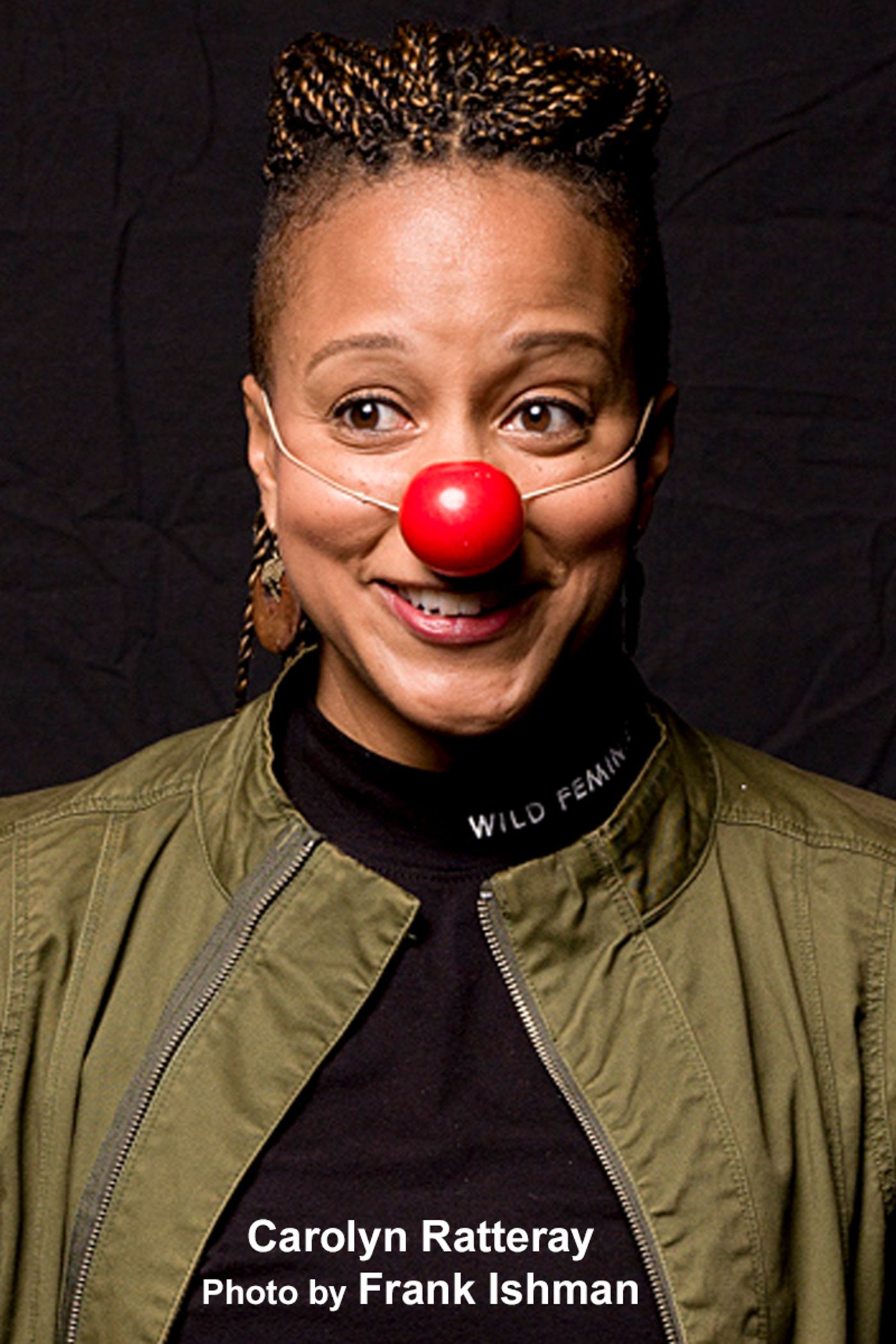 Well, I had just moved to Los Angeles, and I felt an instinct to take a clowning class for the first time. I had done extensive actor training by that point, but I had never encountered a clown, though I was curious about it. That first class opened me up to a world of insight, inspiration, and discovery. I could talk for hours about the gift of clowning. There is a reason why all the top grad programs offer clown as part of the actor training process. It is a practice that unveils and reveals; it is a practice that intentionally cultivates the power of innocence and the muscle of play. Clown is the event that happens in the “space between” and in the space beyond ideas of “right” and “wrong.” It is the energy that lives outside of the confines of “acceptable.” It is vulnerability personified and joy made tangible. As a Black person, with the history of white supremacy and minstrelsy in this country, it can sometimes be a complicated act for a Black person to “clown,” but this art form belongs to the entire world. Many indigenous societies have origin stories that involve Clown and that is what fascinates me; there is something inherent in being human that is compelled to experience humor, play, laughter and joy. We all have the right to access and cultivate that within ourselves, and if we don’t, we very quickly find ourselves mentally and emotionally out of balance.
Well, I had just moved to Los Angeles, and I felt an instinct to take a clowning class for the first time. I had done extensive actor training by that point, but I had never encountered a clown, though I was curious about it. That first class opened me up to a world of insight, inspiration, and discovery. I could talk for hours about the gift of clowning. There is a reason why all the top grad programs offer clown as part of the actor training process. It is a practice that unveils and reveals; it is a practice that intentionally cultivates the power of innocence and the muscle of play. Clown is the event that happens in the “space between” and in the space beyond ideas of “right” and “wrong.” It is the energy that lives outside of the confines of “acceptable.” It is vulnerability personified and joy made tangible. As a Black person, with the history of white supremacy and minstrelsy in this country, it can sometimes be a complicated act for a Black person to “clown,” but this art form belongs to the entire world. Many indigenous societies have origin stories that involve Clown and that is what fascinates me; there is something inherent in being human that is compelled to experience humor, play, laughter and joy. We all have the right to access and cultivate that within ourselves, and if we don’t, we very quickly find ourselves mentally and emotionally out of balance.
Did any Boston Court audience response take you by surprise?
The audience response at Boston Court was one of the most incredible experiences of my life. Boston Court said they had the most repeat audiences for this show than at any other time in their history; it was so gratifying to know that once someone experienced this show, they felt the need to come back and bring a friend over and over again. This show can be hard to explain, especially because it is easy to have assumptions about the role of a clown in a show, but that is why I invite you to come and experience the journey. It will be something you haven’t seen before. There is also a bit of audience participation in the show at a climactic moment in the story. In rehearsals, I was nervous that the audience would be resistant to “playing along,” but every night, the audience was with me. Turns out, the audiences were ready to take the journey to their own joy, and that was the most rewarding thing to witness and share. I was also just simply moved by the number of people who came up to me afterwards saying they cried both tears of joy and tears of laughter. I’m a Black queer woman and this story is deeply grounded in all my identities, but there is something about laughter and loss that is truly universal. So many people came up to me with their own story about what was in their mother’s purse, which is a big theme of the play, and this enabled the audience to connect to each other and themselves. We all became a community each night and that, especially in this time of disconnection, was such a gift.
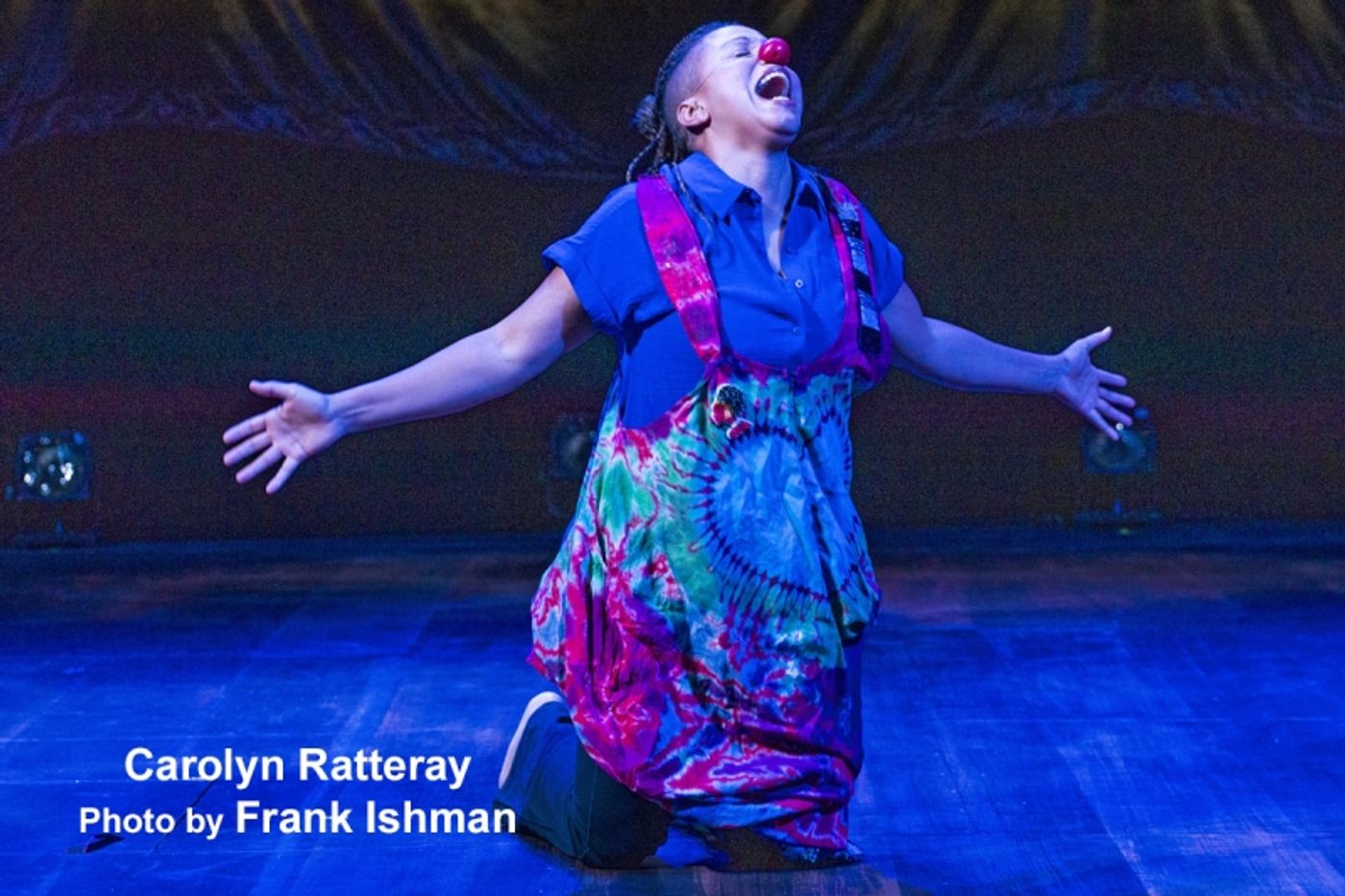 I have seen you acting in a number of Los Angeles theatre productions. What did you want to be growing up? An actress? Or a writer?
I have seen you acting in a number of Los Angeles theatre productions. What did you want to be growing up? An actress? Or a writer?
I’ve always wanted to be an actor, hands down, from my earliest memories. It is interesting though that the threads of my writing and directing passions started to emerge early as well, but I didn’t give focus to it in my teens and 20’s. I remember winning an award in high school for directing Shakespearean scenes in a competition for the Folger Shakespeare Library in DC. I remember auditioning for a top acting school and they instead invited me to apply to their directing track. I remember my writing teacher in college taking me out to coffee and sitting down with my script and saying, “You could really do this - do you want to keep working on your script?” At the time, I was like, “…umm, I really want to know if you can help me find an acting agent…?” I had such blinders on to anything but acting, but moving from New York to Los Angeles years ago opened me up to new ways that I can tell stories. It feels like life presents us with invitations to expand, learn and grow and it’s up to us to take the blinders off and say, “Yes, I have never done that, but I will try that.” That is what happened when I took my first clown class, my first writing course, my first improv class. The universe has a much larger imagination for me than I did for myself at the time. I love being a storyteller and being able to live in a story from so many different angles.
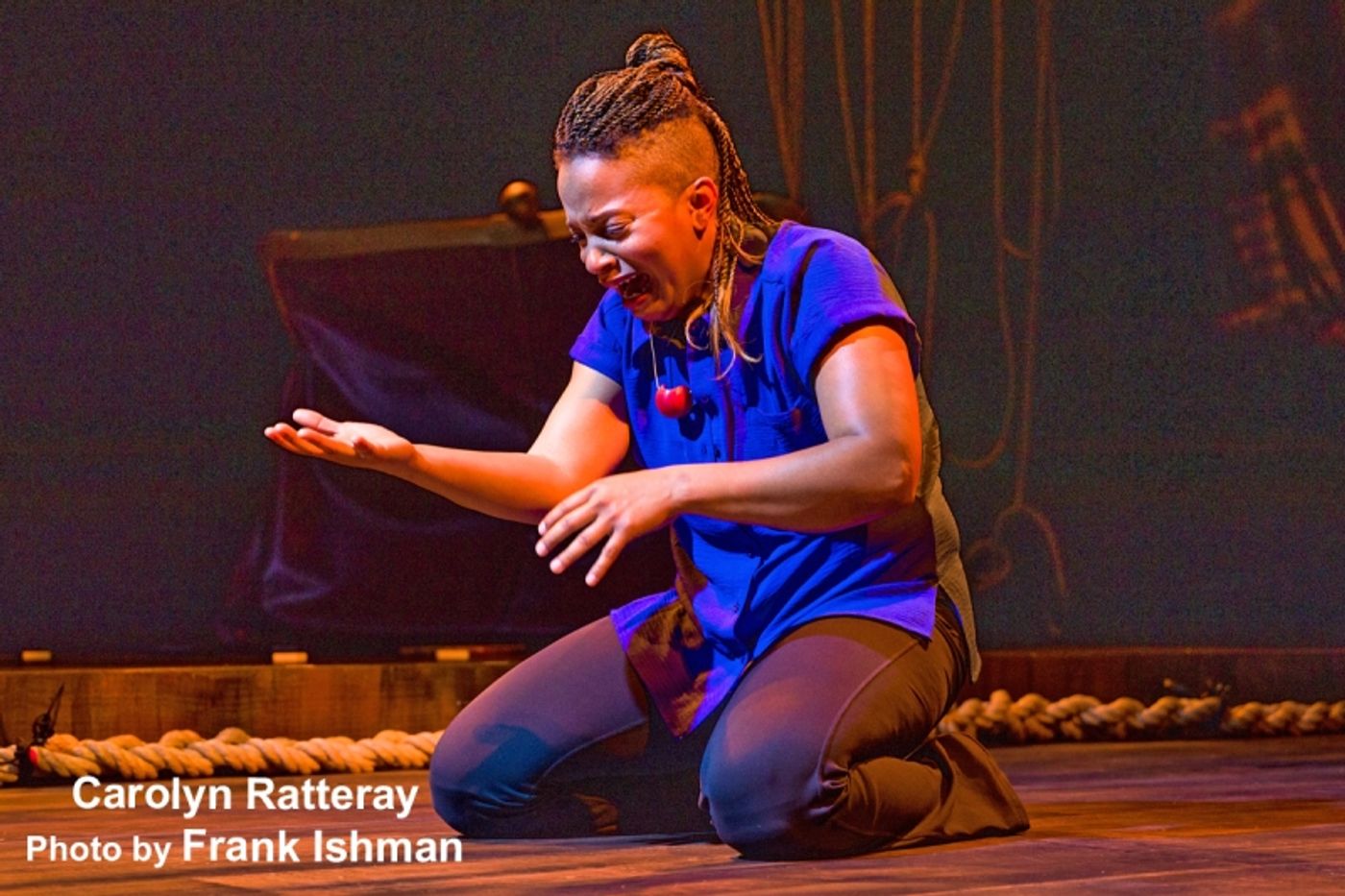 What writers had had the most effect on your writing?
What writers had had the most effect on your writing?
I would love to share which two writers inspired specific moments and themes in Both And: August Wilson and Katori Hall. Wilson, in his play Gem of the Ocean, talks about the City of Bones which is located under the waters of the Middle Passage. Hall, in her play, The Mountaintop has an incredible description of what happens when Martin Luther King finally passes on. I nod to both writing giants in my play.
Do you have a new script percolating in your creative mind?
Yes, but this one will be a comedy and have more than one person in it.
What’s in the near future for Carolyn Ratteray?
Hopefully, more theatres will invite Both And (a play about laughing while black) into their season.
Thank you again, Carolyn! I look forward to experiencing your clowning.
For tickets to the live performances of Both And (a play about laughing while black) through January 28, 2024; click on the button below:
Videos

